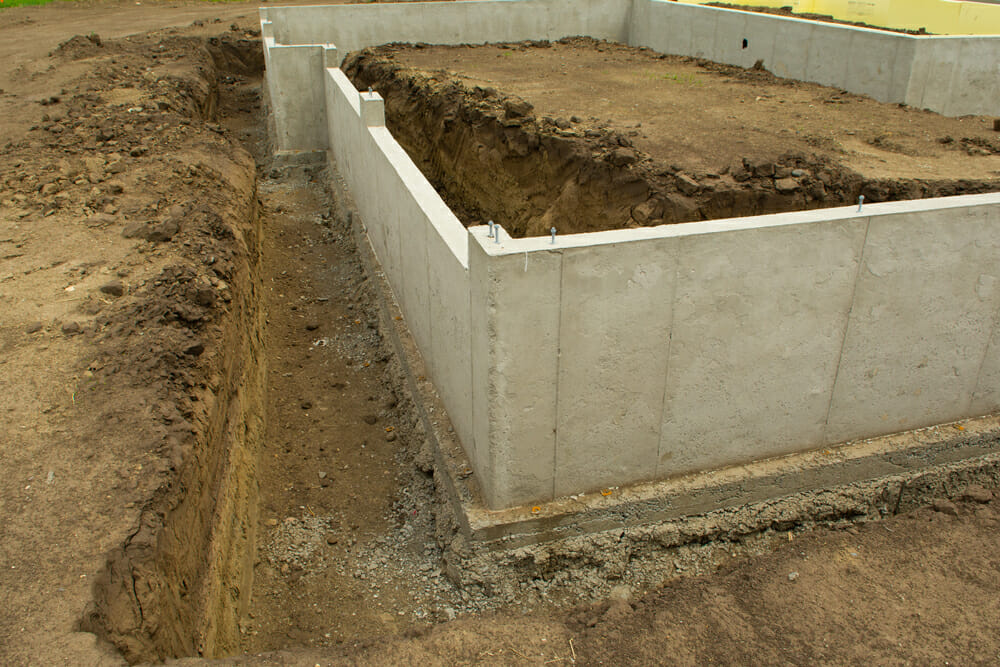Is your new development being built on solid ground?
Whether you’re in the process of building a dream home or a multi-million dollar infrastructure project, having a good foundation is one of the most important elements for success. At ProtechGeo, we’re proud to partner with clients spanning the residential, industrial, transportation, and construction sectors (as well as many others), to provide geotechnical analysis that you can count on to guide the entire construction process. With a comprehensive list of services, including soil composition testing, we’re proud to be one of Alberta and Western Canada’s leading service providers of geotechnical investigations.
Below, we’ll discuss some of the core aspects of soil testing for construction, as well as the benefits of partnering with ProtechGeo for your geotechnical needs. Read on to learn more!
What is Soil Testing?
As the name suggests, soil testing is a comprehensive analysis conducted on the soil and soil aggregates found on a job site. Designed to provide you with as much information as possible regarding the quality and composition of your foundation, the data gathered during soil testing can be invaluable in shaping the construction process, identifying risks, and ultimately ensuring your project is able to succeed with minimal future risks to the structure about to be built in the long term. Soil testing is a key part of environmental assessments, foundational planning, and overall safety, making them essential to any build.
While there is a wide range of tests used to determine the quality of soil on any job site, the 5 most prevalent are as follows:
1. Moisture Content Test
Moisture content testing is designed to assess the viability of your soil when it comes to supporting construction, as well as weight capacity and more. Several methods, included torsion balance, Pycnometer testing and more are used to derive accurate results that paint the full picture.
2. Atterberg Limits Test
The Atterberg limits test evaluates the critical water content of fine-grained soil. Three parameters are applied to determine the properties of the soil: the liquid limit, plastic limit, and shrinkage limit.
This test is done on fine-grained soil to measure its critical water content. There are three limits that determine the properties of fine-grained soil under different conditions: liquid limit, plastic limit, and shrinkage limit.
3. Specific Gravity Testing
Specific gravity tests are used to test if your soil will sink or swim in the water. This is a crucial test for any kind of development, as it can be used to help determine if the soil under your development will turn to mud and/or shift significantly when exposed to environmental factors such as flooding, heavy rain, excessive moisture, etc.
4. Dry Density of Soil
In contrast, the dry density of soil tests how your soul performs when dry. From identifying gaps in the foundation as well as open spaces between soil particles, dry density will help you determine how porous the material is and how to compensate accordingly.
5. Compaction
Compaction measures how the soil reacts under mechanical stress. When subjected to stress, soil particles redistribute within the soil mass and volume decreases. Compaction tests will help you identify the dry thickness of the soil, and the densification as a result.
Soil Testing and More with ProtechGeo
ProtechGeo is proud to be one of Alberta’s foremost geotechnical engineering services providers, including soil testing, project management, construction field testing, lab testing, and more. Contact our team today to learn more about our geotechnical services throughout Alberta and how we can help you set your next project up for success.

